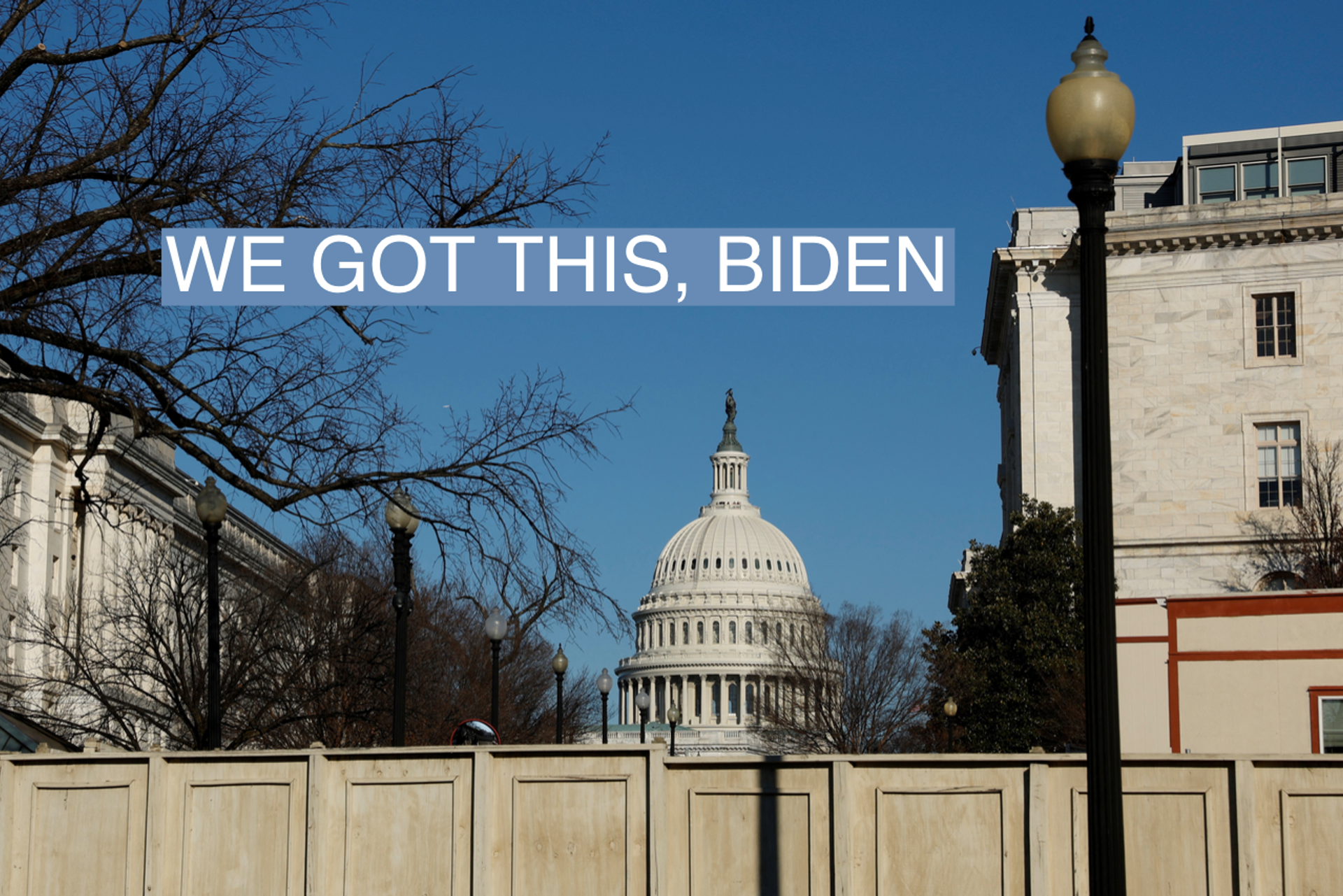The Scoop
Congress is getting ready to propose its own plans to restrict U.S. firms from investing in sensitive Chinese tech companies after a similar effort by the White House has faced delays.
House lawmakers, including the chair of a newly established select committee on China, see U.S. capital flows to the People’s Republic as an area ripe for scrutiny. And a pair of bipartisan senators — John Cornyn, R-Texas and Bob Casey, D-Pa. — are preparing to introduce a new version of a bill they previously sponsored that would require government approval for certain American investments in foreign countries, according to a Senate aide.
The senators may announce their bill before Joe Biden’s administration issues its related executive order, the aide told Semafor, which is likely to happen in the coming months.
The White House has been working on a measure to limit U.S. venture capital firms and other organizations from pouring money into Chinese companies in high-tech areas that could threaten national security, like artificial intelligence and quantum computing. It was slated to be announced last fall, but has faced pushback from the Treasury Department, which has been fielding concerns from big businesses and Wall Street, Semafor reported in December.
Some sources said they are still expecting the White House to take the lead. “Everyone’s sort of waiting to see what the administration does on this, and Congress can try to flush out a bill from there,” said Maseh Zarif, director of congressional relations at the advocacy arm of the Foundation for Defense of Democracies, a hawkish think tank.
“The administration supports bipartisan efforts in Congress to provide greater transparency on U.S. investment into China and other countries of concern,” National Security Advisor Jake Sullivan said in a statement. “At the same time, we are making progress in formulating an approach to address outbound investments in sensitive technologies. We are working with Congress, allies and partners, and industry to ensure our approach is clear for stakeholders and tailored to our national security concerns.”
One detail businesses are still worried about is how the Biden administration will define artificial intelligence in its executive order, people familiar with the matter told Semafor. The term AI is often used to refer to a wide range of different technologies, from chatbots to smart thermostats. Companies are concerned that if the White House fails to come up with a precise enough definition, it may wind up impacting investments that have nothing to do with national security.
A senior administration official stressed that the government understands the importance of “precisely defining” investments that would be covered by any executive order, and that officials would engage with businesses before anything is finalized.

In this article:
LOUISE AND MORGAN’S VIEW
There’s bipartisan appetite on Capitol Hill and in the White House for policies that look tough on China, which means that legislation restricting outbound investment might actually have a chance of passing, despite a divided Congress.
Observers have described Cornyn and Casey’s bill as a “reverse CFIUS,” referring to the Committee on Foreign Investment in the United States, which is responsible for reviewing the national security implications of overseas investments in American companies.
“If one of the bigger things we did over the last four years was beef up the CFIUS process to more closely scrutinize Chinese investment in the United States, I think the next phase of that is going to be looking at capital flows from America to China,” Rep. Mike Gallagher, R-Wis., chair of the new House select committee on China, told Semafor. “I think there needs to be a lot more attention paid to that.”
But there’s bound to be different ideas on the best approach, and bills that win backing from the more hawkish House GOP might not be able to get enough votes from the Democrat-controlled Senate. Biden can also reject any measures that don’t secure a veto-proof majority.
Lawmakers face other challenges as well, like overcoming turf wars between different committees. Gallagher said that he wanted the China select committee to help coordinate the House’s various efforts, so that good legislative ideas don’t fall victim to “inter-committee tension or jurisdictional gaps.”
Room for Disagreement
Critics say the push to safeguard American technology has actually hurt U.S. innovation and encourages China to build its own capabilities. Attorney Stephen Heifetz, who focuses on national security issues at law firm Wilson Sonsini Goodrich & Rosati, argued in Semafor that the growing number of CFIUS rules has caused the U.S. to lose foreign capital and discouraged overseas firms from growing roots in America.
“Tragically and ironically, though, the U.S. government persists in reducing the appeal of the United States as a global investment and business center, undermining one of America’s biggest advantages,” he wrote.
Notable
- The Biden administration is currently favoring a narrower version of its executive order that wouldn’t impact investments in biotechnology or battery technology, Axios reported last week.
- Figuring out how to define artificial intelligence has been a challenge not just for the White House, but also other policymakers around the world, a visiting fellow at the Carnegie Endowment for International Peace explained in a recent article.